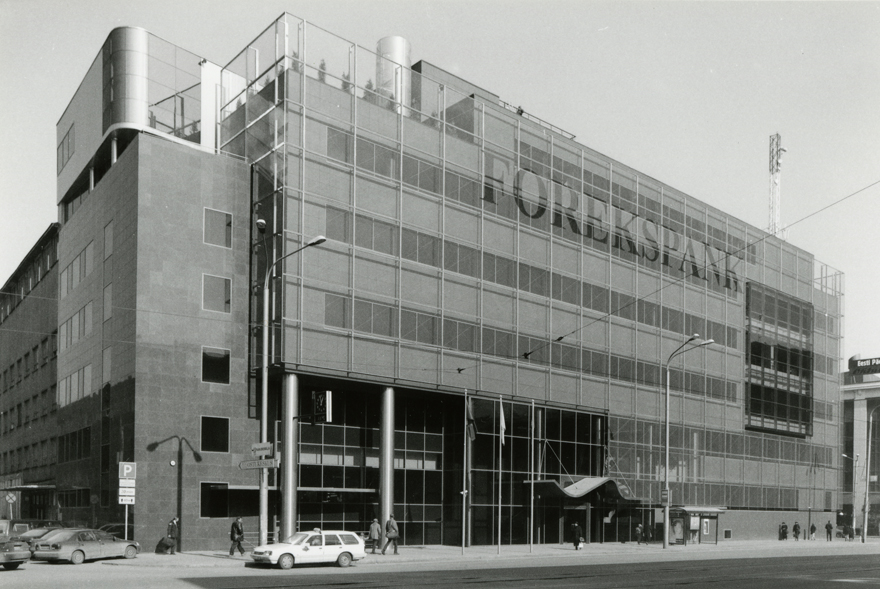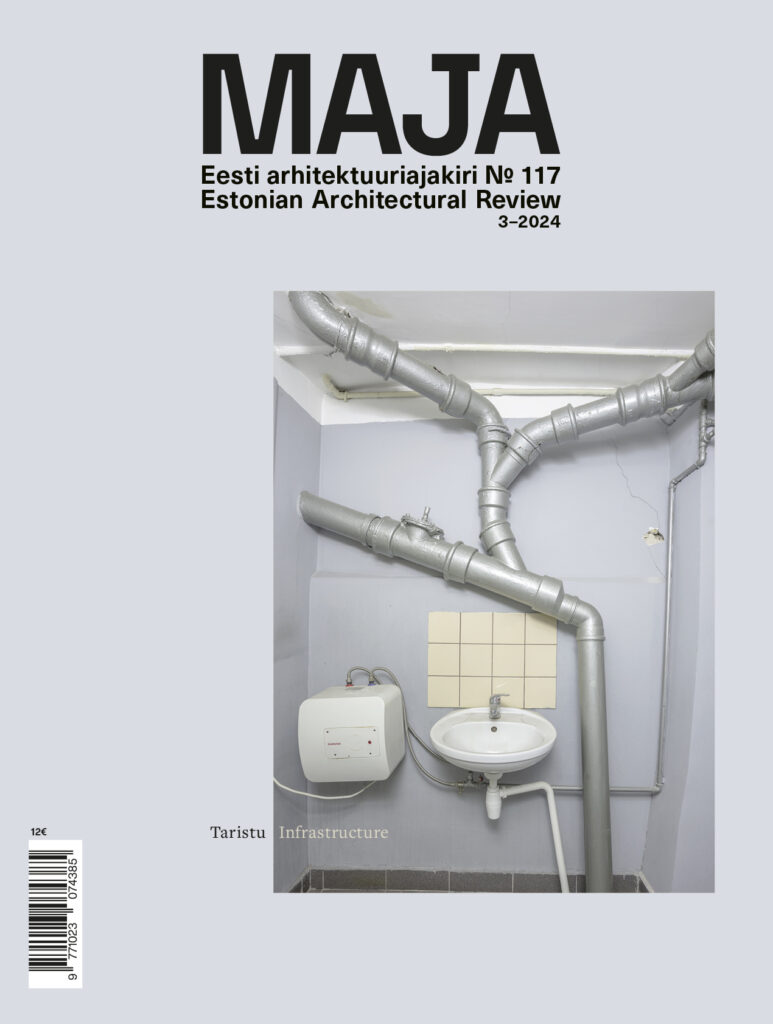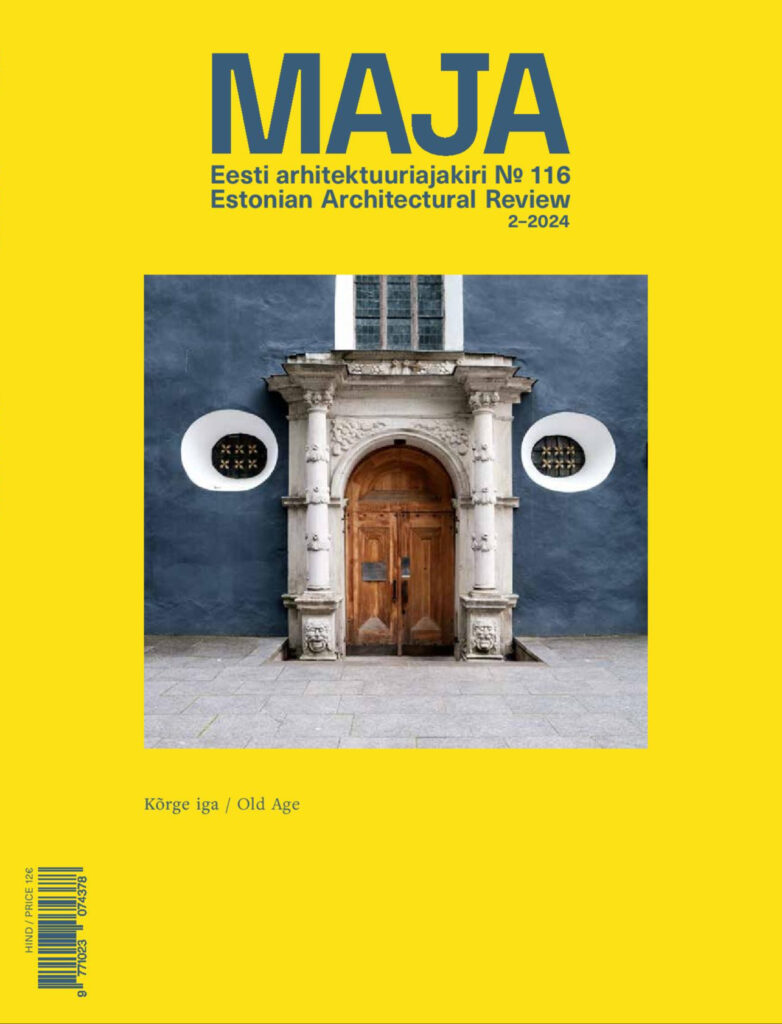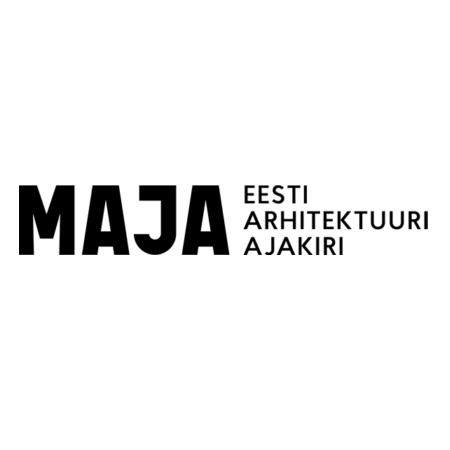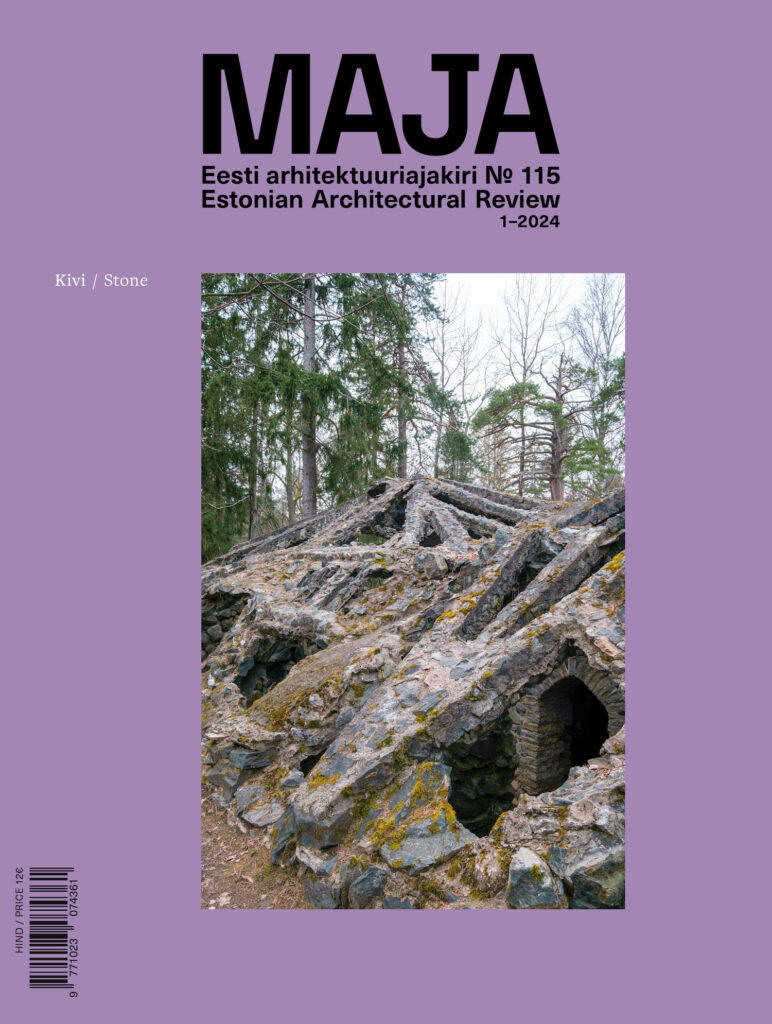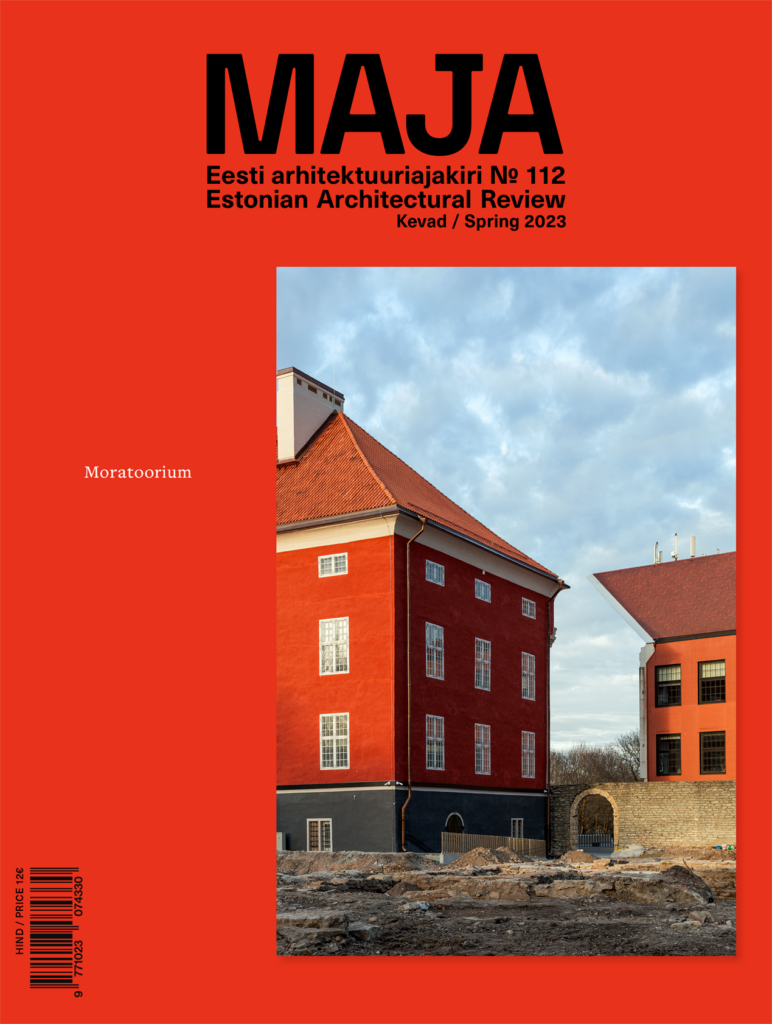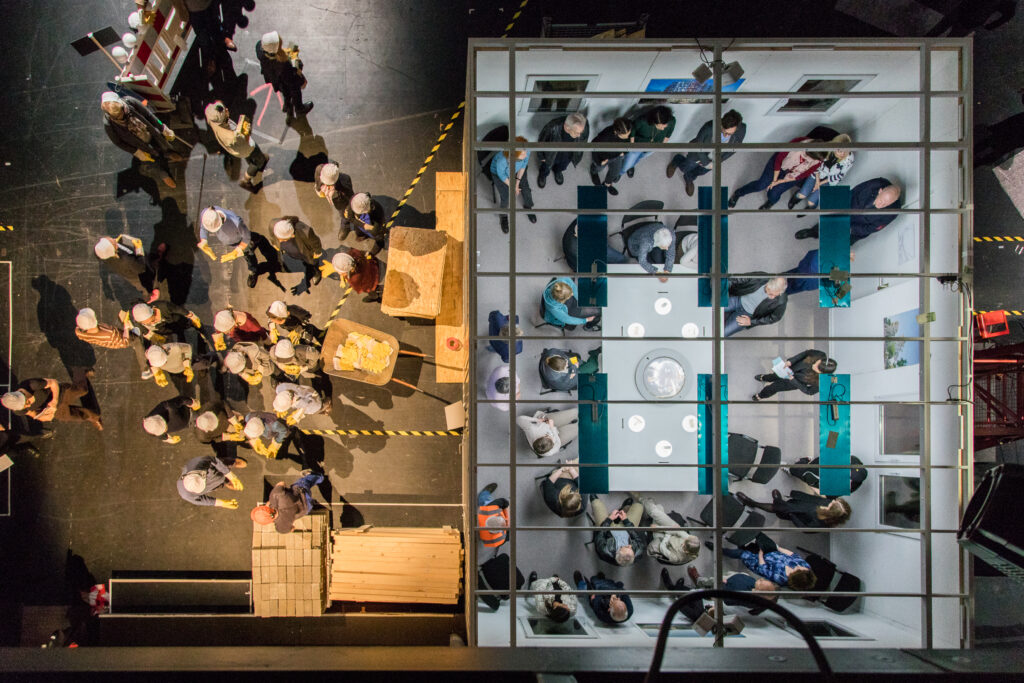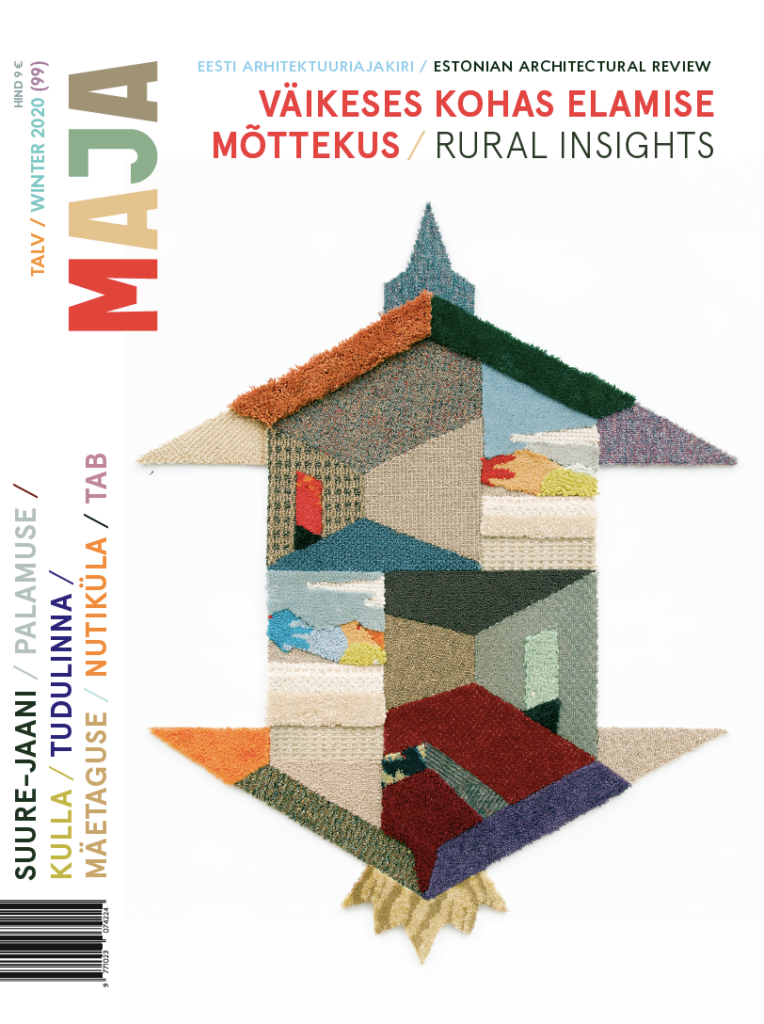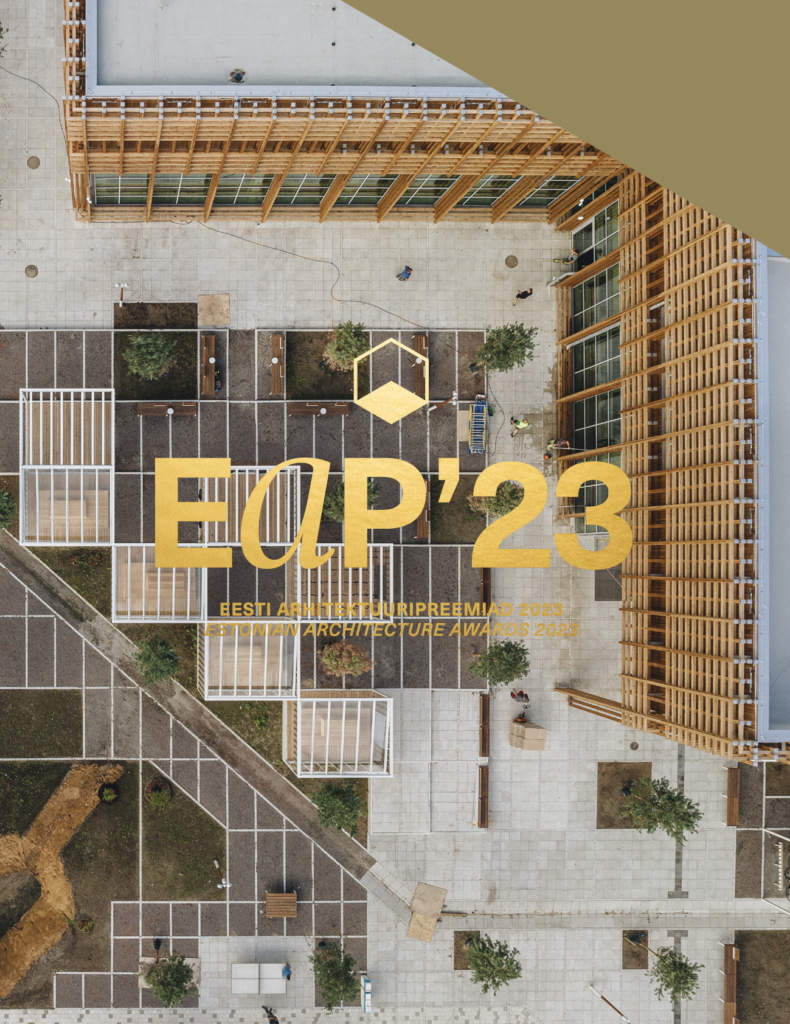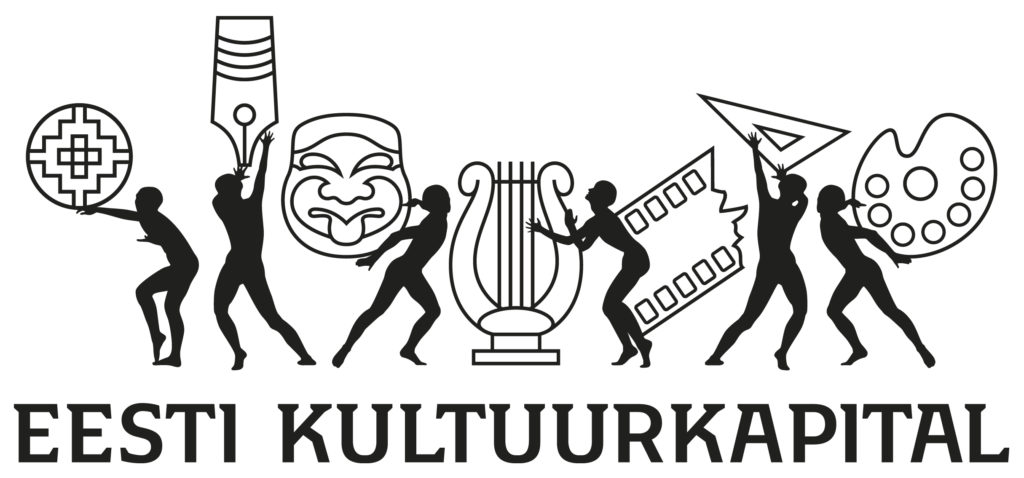The bank building standing on an old industrial frame on Narva Road proves its ability to also serve as a public library. The obligation to survive various eras and situations is common to both buildings and people, Madli Kaljuste ponders.
These days, to be is to be connected. Electricity, heat, road and street networks, internet connections, and water supply—it is as if all these intersecting and sometimes overlapping networks have become basic human rights. If these networks function well, our dependence on them goes unnoticed—we rarely take a moment to acknowledge the energy that travels across the sky, through underground and underwater pipelines, through wall cables, into millions of devices. On the other hand, when something disrupts the functioning of these networks, be it military aggression by a tyrannical neighbour, a sharp rise in prices, or catastrophic weather events, the political, economic, ethical, and often also spatial dimensions of these structures suddenly become apparent.
Most people are more or less consciously preparing for old age, the most ordinary and nationally approved preparation consisting in accumulating money into pension funds. Are we opening Pandora’s box when we ask how and if these most common investment funds affect environmental and social developments now and in the near future?
Thinking through stone opens up a fresh perspective on construction culture (and the lack thereof), availability of local building materials and their untapped (economic) potential, and, ultimately, on building truly long-lasting buildings.
This issue of Maja takes the call for a moratorium on all new construction as its starting point.
The seventh Oslo Architecture Triennale, themed ‘ENOUGH – Architecture of Degrowth’, took place in the autumn of 2019. It was curated by Maria Smith, Matthew Dalziel, Phineas Harper and Cecile Sachs Olsen from the transdisciplinary architecture and engineering practice Interrobang. The triennale focused on architecture that stems from reflecting on social relations rather than the pursuit of profit.
Maja 2020.a. talvenumber on ilmunud!

